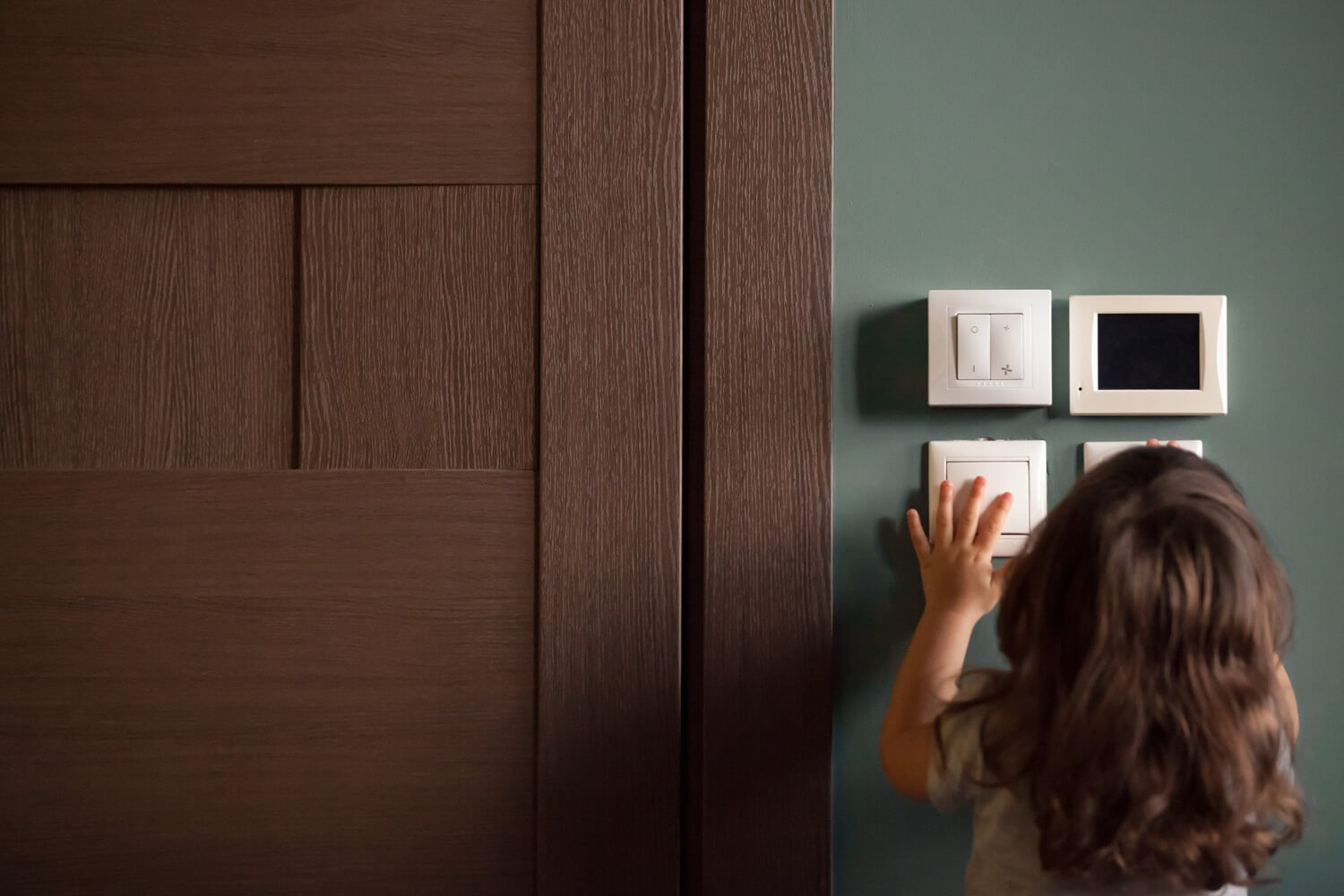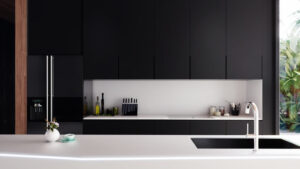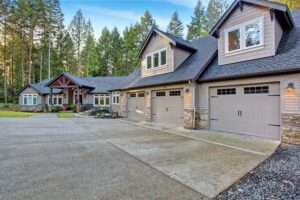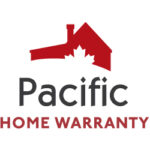Energy efficiency is an exponentially growing trend in home building in Victoria BC, and there are numerous advantages to going green with your build. Not only is it better for the environment, you’ll save significantly on monthly energy costs with better home designs and fixtures. There are many different ways to make your home energy efficient and a few different classifications for energy efficient homes.
What Are The Different Classifications of Victoria BC Energy Efficient Homes?
- Energy Star Certified Homes. This is the most common type of energy efficient home which offers a cost-effective option for a home that provides better health, increased comfort, and practical energy efficiency. These homes are roughly 20% more efficient than the typical home that is built to code.
- R-2000 Homes. An R-2000 home offers environmental advantages on top of increased health and comfort. These homes are characterized by a 50% increase in energy efficiency as compared to a home build to code.
- Net-Zero Homes. Achieving a ‘net-zero’ rating is fairly difficult. These homes are air-tight, well-insulated, and can generate renewable energy to offset the energy that the home uses on an annual basis. These homes are a staggering 80% more efficient than a home that is built to code.
Of course, achieving these rates of energy efficiency will take some investment in your home since your current home is most likely built to code and not very energy efficient. Let’s look at what an energy efficient home has that a regular built-to-code home does not.
Features of an Energy Efficient Home
- Better Insulation. Your home’s insulation will directly affect your home’s energy consumption since low-quality insulation results in overworked heating and cooling systems. Better insulation in your home requires less energy since your home is better able to remain at temperature.
- Low-e Windows. Double-paned low emissivity windows reduce noise pollution within the home, reduce drafts, and reduce cooling and heating costs for your home, thus saving energy to keep your home at temperature.
- Solar Thermal Systems. A solar thermal system uses the power of sun to heat your home and water so you use less energy.
- Air Sealing. Air sealing your home is a crucial component of an energy-efficient house since it reduces drafts, keeps mold and allergens out, and saves on energy costs.
- Solar Panels. Solar panels are popping up all over the place and are a key feature of any energy-efficient home since they convert sunlight into electricity and produce enough energy to power your entire home.
- Duct Sealing. Ducts are known to leak by as much as 30%. By sealing your ducts, you’ll save all that energy and end up with evenly heated and cooled rooms to boot.
- Lighting. Replacing your old incandescent lightbulbs with energy efficiency CFLs or LEDs will reduce your home’s energy usage by between 50-75%.
- Energy Star Appliances. This is the big one. Energy star appliances such as a refrigerator, washer, and dryer can reduce your energy consumption by half compared to a 10-year-old model.
- Energy Star Equipment. Home equipment such as your furnace, water heater, and AC unit will save up to 50% of your energy costs compared to older models.
- Roofing. An energy efficient roof made of asphalt shingles or energy star metal roofing will reduce energy costs and drafts in the home for optimized heating and cooling.
Implementing some or all of these energy-efficient changes to your home will save at least 50% of your energy costs every year, if not more.
Benefits of an Energy Efficient Home
- Improved Comfort. An energy efficient home is air-tight and properly sealed. This means that your temperature won’t fluctuate between rooms, your home is better sound-proofed from outside noise, and your home’s improved ventilation systems maintain your desired temperatures easily even in extreme weather. Plus, less mold and allergens will enter your home via drafts from windows and other entrances.
- Lower Energy Costs. High-efficiency lights, appliances, equipment, and building envelope all work towards reduced energy costs. When your home requires less energy to operate and remain at temperature, you pay less. If your home uses solar panels for power, you may even get some income back thanks to green incentives and selling the excess energy back to the grid.
- Lower Greenhouse Gas Emissions. Energy efficient homes reduce your carbon footprint and the greenhouse gases emitted into the atmosphere.
- Resale Value. An energy efficient home is constructed with a better design, advanced construction practices, and an enhanced focus on the building envelope, all of which enhance the overall quality of the home. People will be willing to pay more for an energy-efficient home since they know they will save on energy costs and they won’t have to put in the time or money to make the home energy efficient themselves.
- Health Impacts. An energy efficient home is better for your health in a variety of ways including better mental health and improved wellbeing, decreased respiratory disease thanks to higher air quality, decreased cardiovascular disease due to reduced mold, increased productivity since the home is less drafty, and fewer temperature related illnesses since the home easily stays warm in the winter, cool in the summer, and dry year-round.
Always Choose Victoria BC Energy Efficient Homes
The benefits of an energy efficient home in Victoria BC are well worth an upfront cost to upgrade your home’s energy efficiency rating. There are many simple ways to improve energy efficiency within your home, and you can take it in stages if you want. Even after one change, you’re sure to notice reduced energy costs. If you want help with improving the energy efficiency of your home, speak with an energy efficient home builder to see how they can improve your home, and your life.





